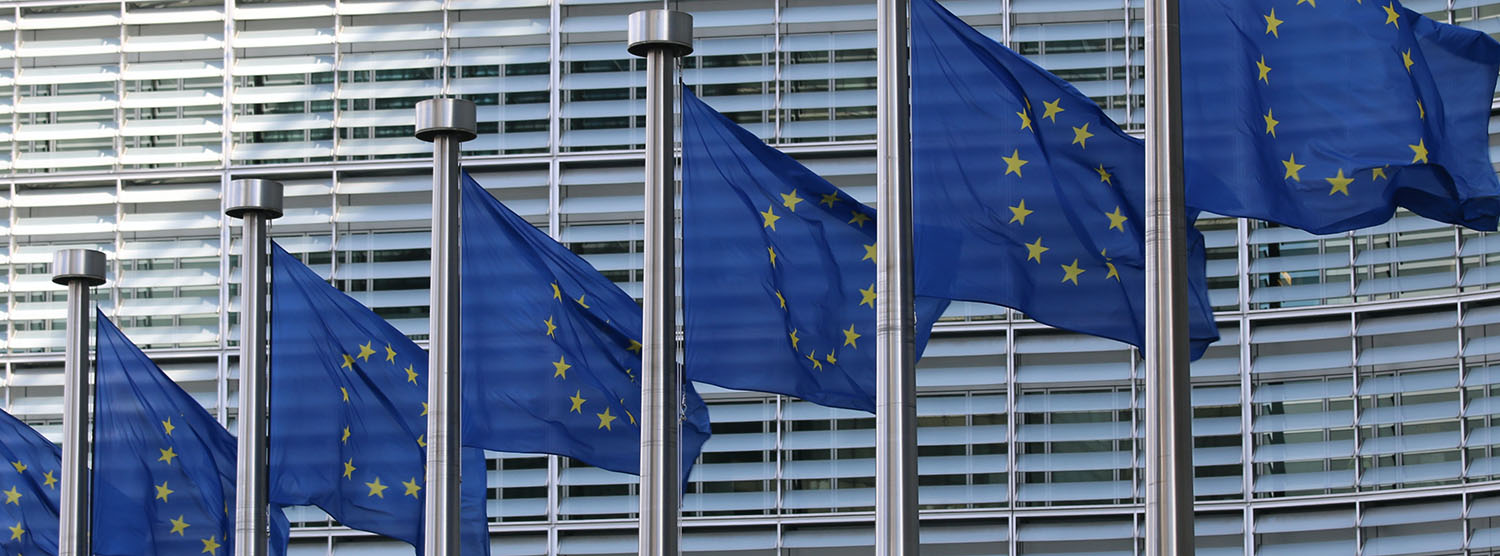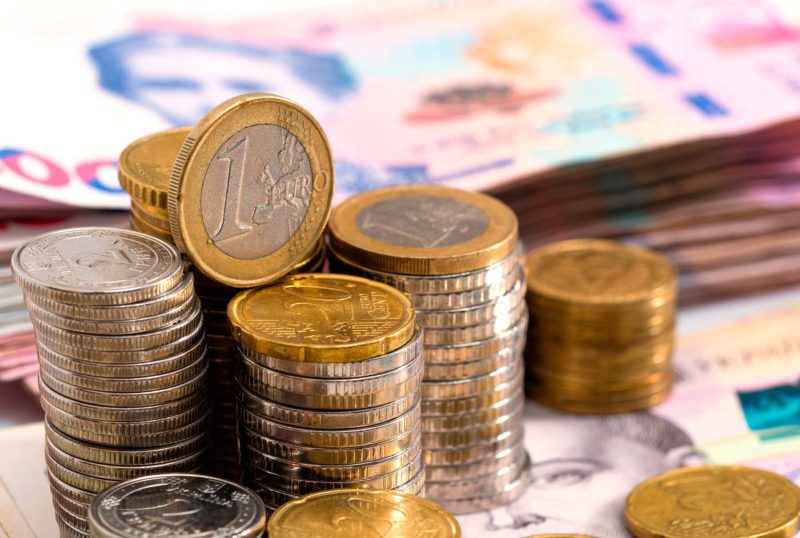

Europe’s decline in the world
The European Union is facing political, economic and military decline in the world. The special interests of individual states deprive it of a strong voice on the international stage, where it usually acts at the beck and call of the United States. In this context, Europe’s real sovereignty is almost a utopia.
Turbulent times lie ahead in Europe. The war in Ukraine has heightened tensions with Russia, which is increasingly tightening its ties with China. The conflict has led European governments to strengthen their alliance with the United States and rethink their defence and energy policies. Moreover, the war has provoked tensions within the EU itself, which are likely to grow.
Where can we go from here? It is hard to say. Europe has come a long way since the 1950 Schuman plan and the 1957 Treaty of Rome, which has made it the world’s second-largest democracy and third-largest economy. But after the dream of European Union and prosperity brought about by the fall of the communist bloc in 1989, European idealism has melted like a sugar cube. It has done so in an “international disorder” under US tutelage and marked by economic crises, pandemics, a process of partial deglobalisation and conflicts between the great powers.
Never before has the EU had to face an international situation that is moving towards multipolarity and is plagued by crises that pose numerous threats and challenges. And it has not even been able to develop the long-awaited Common Foreign and Security Policy (CFSP).
One certainty: foreign policy remains one of the least integrated elements of the EU. This was demonstrated, for example, by German Chancellor Olaf Scholz on a trip to China in early November 2022. This visit was met with a barrage of criticism from European partners for denoting unbridled unilateralism, as Germany’s interests clashed with those of the other EU members.
European disunity
It is no secret that each country defends its own interests. As Martin Wolf, economics editor of the Financial Times, recently warned, some main problems facing the EU stem from the fact that it is not a state but a confederation of states. From this stems the difficulties of managing divergent economies within a monetary union, in which the European Central Bank plays an essentially political role to avoid insurmountable imbalances between the different economies.
True integration is lacking. The reality is that the European single market is not integrated in the same way as the American market, for example. The lack of dynamism in a crucial sector today, such as information and communication technologies, is largely explained by this fact. It is symptomatic that only one European company, ASML, is among the ten most valuable technology companies in the world.
There is nothing to be optimistic about. In a more fragmented international context with greater nationalist impulses, even Germany, the real engine of Europe, is finding it increasingly difficult to find markets to absorb its production. High energy costs are a threat to its heavy industry. And then there is the push from China and the United States’ move towards an interventionist and protectionist policy.
This situation means that there is a lack of a real common European policy, weighed down by individual national interests, which even threaten the existence of the single market.
Europe’s role in the world
A vital question for Europe, as Wolf points out, is to define what role it wants to play in the world, whether it wishes to remain a ‘servile’ ally of the United States, become a bridge between blocs or regain the status of a power. The first option seems the most plausible, since to become a power again it would need a much deeper political and fiscal union, as well as overcoming internal mistrust.
The rise of China, India, Russia, and others as economic and military powers forces the EU to be a single actor with a single voice in matters of global importance if it aspires to be one of the relevant ‘poles’ in the multipolar future. But the more active and independent the EU wants to be, the more crucial it will be to deepen its federalism, a process plagued by nationalist reluctance.
The rise of populism
The rise of populist movements in Europe since the financial crisis of 2008 and the migration crisis of 2016 poses a threat in this regard. Most of them are characterised by Euroscepticism, believing that the root of Europe’s socio-economic problems lies in European integration and Brussels’ decision-making.
This is not a marginal movement: a study by the Pew Research Center shows that Eurosceptic parties already hold 29% of the seats in the European Parliament, the highest figure in history. Thus, a significant proportion of those who make the big decisions on the future of the European Union are also those who oppose further integration. And without such integration, it is difficult for Europe to regain a leading role on the international stage.
Little progress
The EU has set a number of priorities for the period 2019-2024, including the protection and freedom of citizens, the development of a strong economy, sustainability in Europe and the promotion of European values and interests on a global scale. Unfortunately, little progress has been made in these areas.
We live in a world characterised by disorder, growing protectionism and conflicts between great powers. It is certainly not the world of which the founders of the European Union dreamed. But if its current leaders wish to preserve something of the original spirit, they should strengthen the foundations of the project and move towards real European sovereignty. This would require halting deindustrialisation, driving digital transformation, deepening integration and establishing a single voice in the world.
11Onze is the community fintech of Catalonia. Open an account by downloading the app El Canut for Android or iOS and join the revolution!
Leave a Reply
You must be logged in to post a comment.





👍
Gràcies, Manel!!!
Tens molta raó pel que fa a la supeditació als Estats Units: la manca de neutralitat d’Europa en el conflicte d’Ucraïna està fent molt de mal a l’economia europea a favor de l’americana (compra de gas, armament, etc.).
Sí, Juan Carlos. Europa mai no parla amb una única veu i, a sobre, encara està fortament supeditada als Estats Units, herència de la “guerra freda”. Tanmateix, l’escenari d’una Rússia envaint (i annexionant-se) Ucraïna, sense que Europa hi intervingués, però amb uns Estats Units donant suport a Ucraïna, també fora un escenari estrany, on no seria descartable que l’economia europea també rebés. La posició internacional europea és sempre incòmoda, perquè només una unió política més forta podria fer que la política exterior europea fos coherent i forta.
Si cada país només mira pels seus interessos, anem malament.
Dissortadament, és així. I pel que fa a Europa, això especialment agreujat, atès que, com més va, més difícil és posar d’acord tantes veus discordants. Gràcies pel teu comentari, Jordi!
Gràcies
Gràcies a tu, Joan!!!